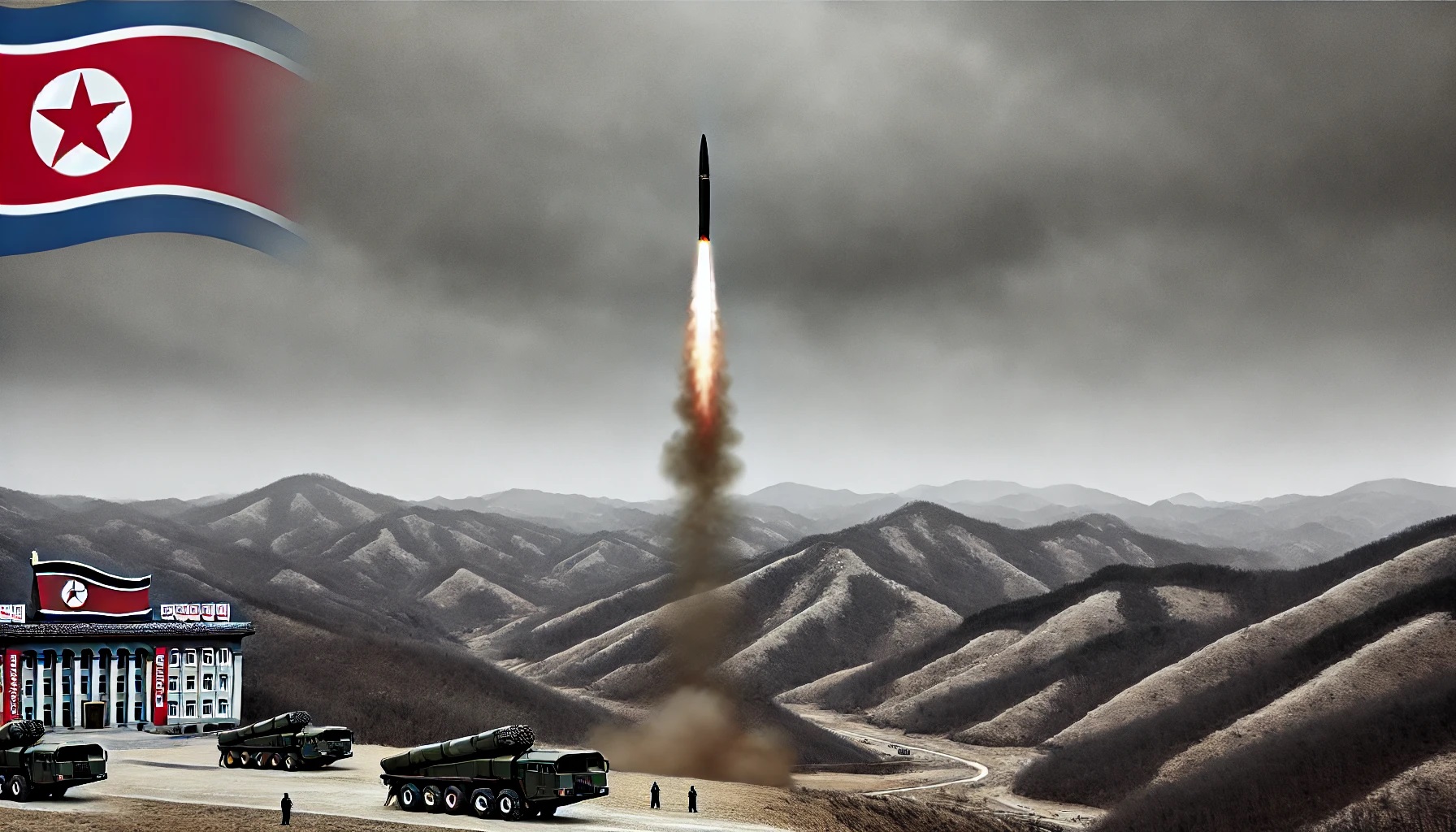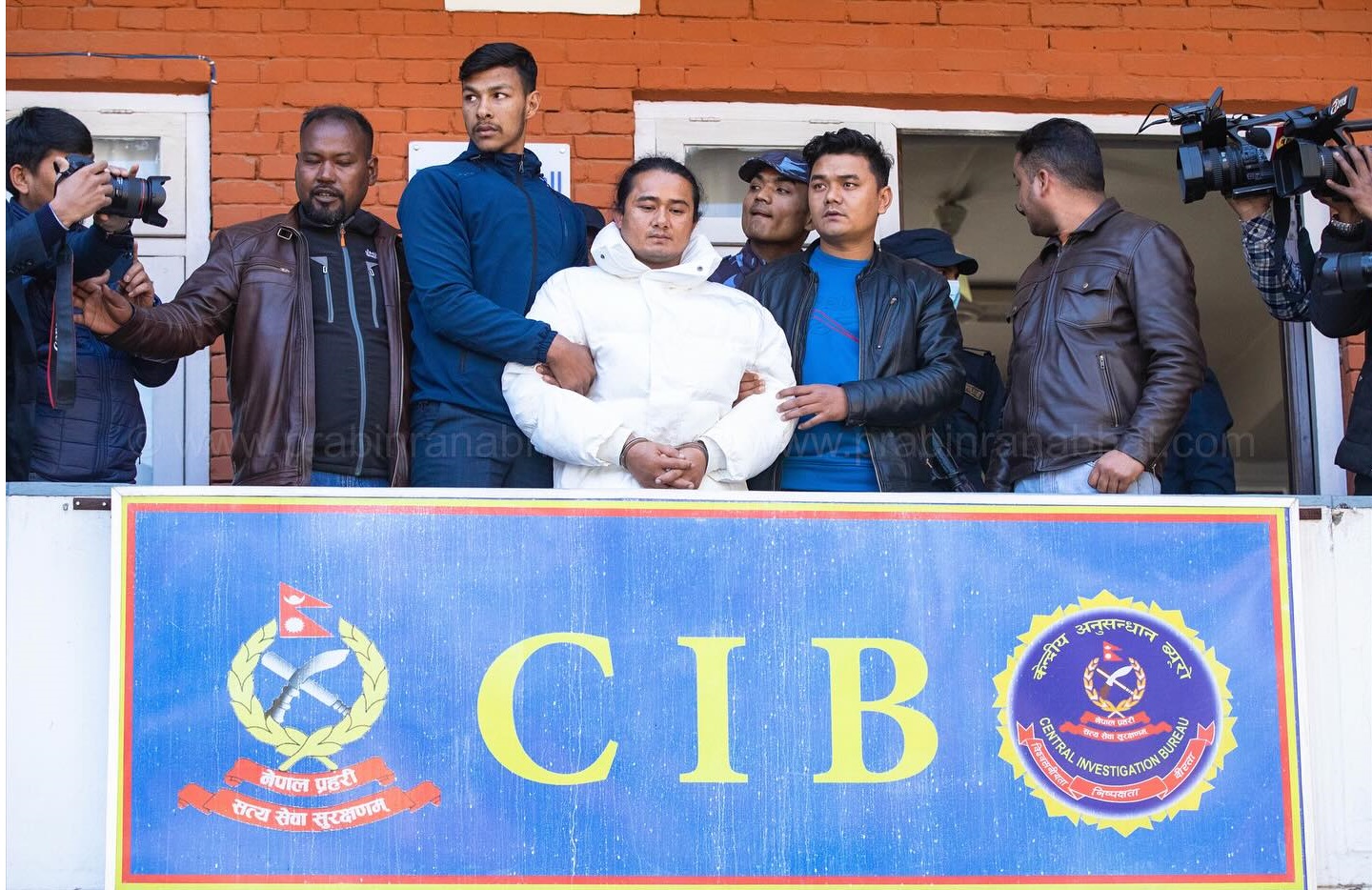
New Delhi, October 31 : South Korean officials detected a missile launch from North Korea early Thursday, aimed toward waters between the Korean Peninsula and Japan. This launch, suspected to be of a long-range ballistic missile, underscores rising tensions in East Asia and further illustrates North Korea’s expanding military capabilities.
According to Japan’s Defense Minister Gen Nakatani, the missile flew for a record-breaking one hour and 26 minutes before landing outside Japan’s exclusive economic zone. This flight duration, the longest yet recorded for a North Korean missile, suggests advancements in missile range and endurance, prompting regional neighbors to express concern. South Korea and Japan confirmed they are working closely with the U.S. to assess the threat and coordinate response measures.
U.S. officials condemned the launch, calling it a “reckless escalation” that disregards international peace efforts. White House spokesperson Sean Savett criticized North Korea’s actions as jeopardizing global security and prioritizing weapons programs over the needs of its population. The United Nations Security Council mandates against such testing, and recent activities have fueled further scrutiny of North Korea’s intentions.
In a briefing, South Korea’s military intelligence agency indicated that North Korea has been preparing for a missile test capable of reaching the U.S. mainland. However, experts assert that North Korea has yet to overcome technical hurdles necessary for reentry, though its recent advances suggest the country may be close to addressing these issues.
Beyond its test launches, North Korea’s evolving relationship with Russia is capturing global attention. Reports reveal that North Korean troops are moving toward Ukraine, potentially supporting Russian military forces in the ongoing conflict. Defense Secretary Lloyd Austin stated on Wednesday that these troops, donning Russian uniforms, signal a “disturbing escalation” in the war dynamics.
South Korea estimates that over 11,000 North Korean soldiers have been deployed to Russia, with 3,000 positioned near active battle zones in western Russia. Military analysts speculate that in exchange, North Korea seeks Russian technology to advance its weapons program. This alliance raises significant concerns in the U.S., South Korea, and beyond regarding the potential for escalated military collaboration.
As North Korea flexes its missile capabilities and strengthens ties with Moscow, East Asia faces a heightened sense of urgency, emphasizing the need for diplomacy to mitigate further military provocations.





